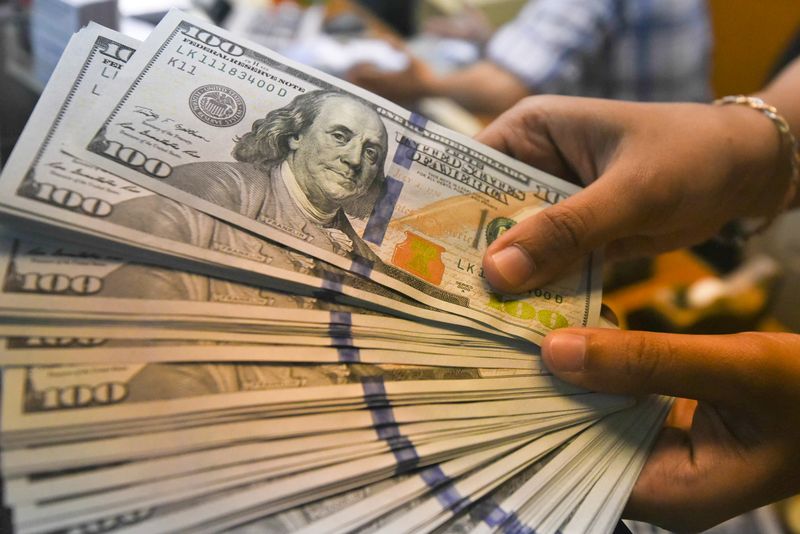
By Administrator_India
The dollar inched lower on Tuesday as growing optimism about a global recovery from the COVID-19 pandemic supported riskier currencies, though concerns about Sino-U.S. tensions held further moves in check.
After a quiet start to the week due to holidays in Britain and the United States, the greenback was a fraction softer against most Asian currencies.
Against a basket of currencies the dollar was roughly where it ended last week, holding at 99.692. The Japanese yen fetched 107.79 per dollar.
The Australian and New Zealand dollars rose about 0.3% but kept below last week’s highs even as stock markets forged ahead.
Markets are caught between two conflicting currents. Rising tensions between China and the U.S. are raising concerns while easing COVID-19 lockdown measures are fuelling growth optimism.
The Chinese yuan, a barometer of relations between the world’s two biggest economies, firmed a bit to 7.1427, though it remains near a two-month low of 7.1465 hits on Friday.
The Australian dollar as steady at $0.6559, and the kiwi at $0.6112.
ANZ Bank upgraded its forecasts for the Antipodean currencies but still expects both to fall, with the Aussie forecast at $0.60 and the kiwi at $0.55 in December.
Trade, the handling of the pandemic, and China’s move to impose laws on Hong Kong are all seen as potential catalysts for a further deterioration in already testy U.S.-China relations.
The third downgrade in Singapore’s growth forecast also provided a fresh reminder of the pandemic’s devastating impact on the global economy. The trade-exposed city-state expects the gross domestic product to contract between 4% and 7% this year.
Together with low-interest rates, and talk of them heading even lower, the calmer conditions had some investors on the lookout for carrying trades.
The British pound <gbp=d3>rose 0.3% to $1.2215 and the euro tacked on 0.2% to $1.0908. Both currencies lost between 4% and 5% on the Mexican peso and Brazilian real last week.









